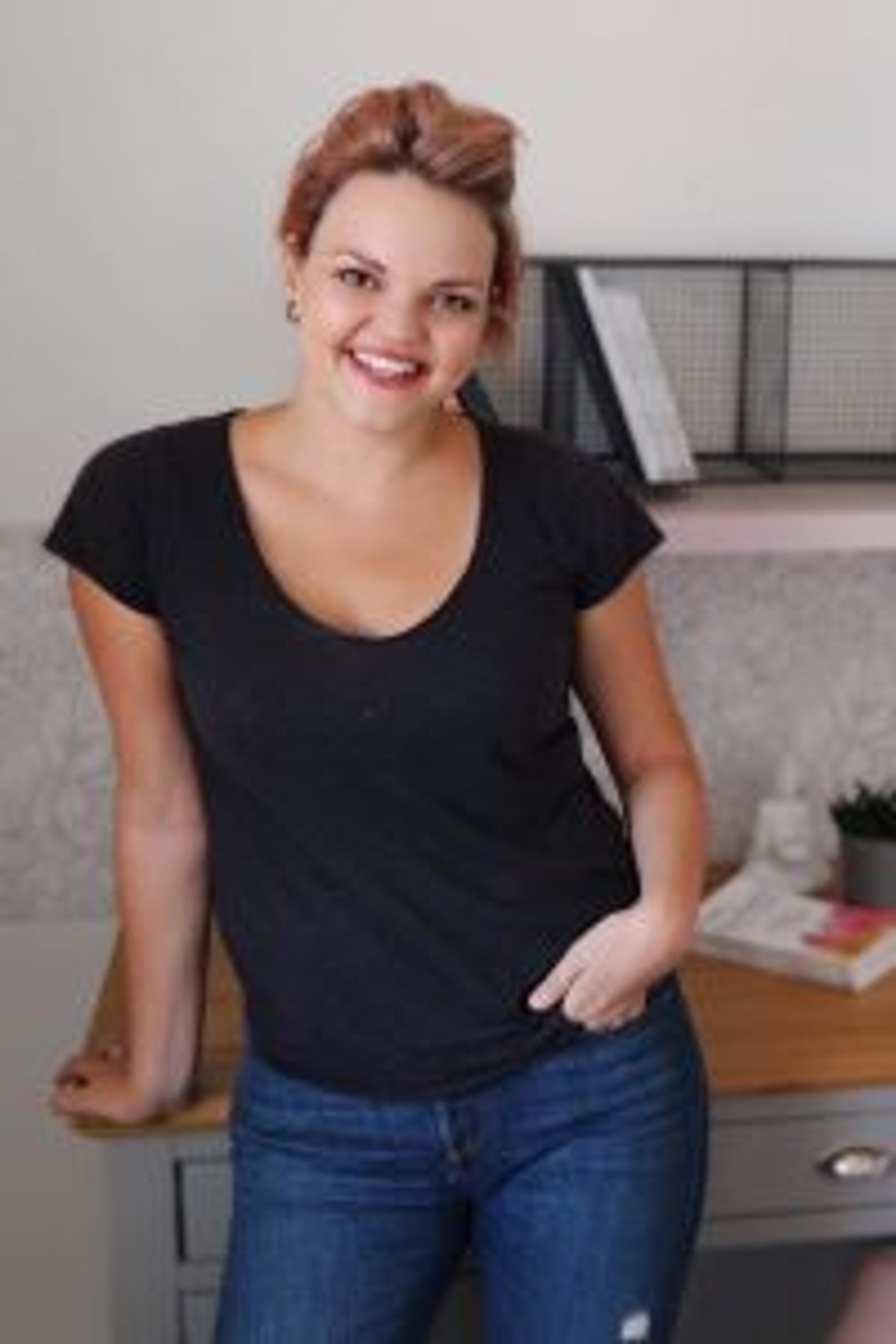Late last year Forbes published research from Upwork and the Freelancers Union that 36% of Americans had freelanced in 2017. No longer spoken with air quotes (oh yeh, you are “freelancing” from your sofa, right?) and talked down as a gig economy poor alternative to the hallowed full-time job, the same research found that 29% of those freelancers surveyed make their sole income from their freelancing work.
Our interviewee today, Kirsty Hulse, runs her own agency run solely with freelancers Manyminds and has recently self-published her book The Future Is Freelance which promises to help you develop a routine to keep motivated, manage the fear and stress of being your own boss and make it patently clear that absolutely nobody has a clue what they are doing.

HOC: Hey Kirsty, can you give a whirlwind tour of how you got to where you are today?
Kirsty: The whirlwind tour is that I never had any clue of what I wanted to do growing up. I had loose ambitions to be a writer though that never seemed especially sensible or achievable. I went to university and studied philosophy, for the ever-reasonable rationale of a 17 year old that the boys were the most attractive at the opening day. I graduated with my 1st class honours in Philosophy in 2009, smack bang in the middle of the recession. I had zero employment prospects and at the time unpaid internships were the primary route to any career, however growing up in a fairly working class household in Stoke-on-Trent, that was never an option. So, I began working in commission only sales and I was shocking at it. I worked 12 hour days, 6 days a week for 6 months and earned a total of £162. One evening, whilst I was very drunk and very miserable waiting for my bus home, I (completely uncharacteristically) struck up a conversation with a random woman who turned out to be an editor for a Theatre magazine and was looking for writers. She gave me her card and said she would love to give me a trial. I could not believe my luck and wept uncontrollably all the way home.
I began writing for the online section of the magazine (still, at this stage, for free) and learnt all about the internet. What affiliate sales are. What SEO is. Why I should include keywords and found it incredibly interesting and decided that digital marketing was what I wanted to do. So, I applied for every potential role I could find and got hired, to my absolute surprise. I knew nothing at the time, so I am forever grateful to my boss at the time for taking a chance on me. Ironically, I think it was actually the degree that got me hired.
From there, I worked my way up, joined a big media agency in London, began to run teams, spoke at conferences and then eventually, set up my own agency, Manyminds, which is a totally remote, freelance collective. I believe passionately that professional autonomy, and being trusted to manage your own time, is the future of employment. Then I wrote a book about that.
HOC: Woah, that is one wild ride. It’s said that we all have a book in us, when did you know and how did you go about writing this book?
Kirsty: I never really knew, and I am not convinced I know even now! I began writing it because I was speaking at a conference and met a woman who had recently published a book about her field, User Experience. I remember thinking she was so cool and I made a decision there and then to write my own. I found the process relatively easy in that I never put a huge amount of pressure on myself to make it perfect. I just wrote a few hundred words a day, without much self criticism and when I hit around 40,000 words I closed my eyes and sent to some publishers. (After a morning of my husband standing at my office door going “Have you sent it? Just send it! Send it now! Just send it!”).
I know that had I tried to make it “perfect” I would still be struggling with that now. We all set such high expectations for ourselves as individuals that we can prevent ourselves from completing, or even starting, things because of that.
When I read it now I see things I would change and do differently, though that has only spurred me on to write more and other people seem to really like it, so that’s all that matters!
HOC: Like many members of #TeamCoco – I’m a freelancer and I can struggle with motivation and also keeping my mental balance right. What advice would you have for this? Any recommended reading / viewing?
Kirsty: Oh so much! First of all, it’s so hard to take time out when you work for yourself. There is a perpetual guilt of always having something else to do, or not working hard enough to earn your keep. That’s a mental shift that takes a lot of time, and practice to adjust to.
I would speak to as many other freelancers and business owners as you possibly can, to reassure you that we are all in the same boat. Because I am a sole founder, if things go wrong in my business I end up internalising those failures because I have nobody to talk to about them or nowhere to put them. I think I really damaged my self esteem after 3 years of doing that, so any other freelancers you know, reach out to them and be vulnerable.
I am starting to listen to more and more Podcasts as they stop me feeling quite so isolated when working alone. I like to listen to broad inspiring topics so enjoy TED Radio Hour, The Reith Lectures and Magic Lessons.
HOC: No book spoilers but why is the future freelance?
Kirsty: We all live in a world where we see idolised views of others lives through social media and a lot of that is the freelance lifestyle. For the average office worker, the invention of laptops and the cloud have made it largely unnecessary to be at a desk for a certain time, every day. That’s just a hangover from the industrial revolution that is no longer applicable to a modern workforce and it won’t take long for that to be societally and culturally recognised. Whilst being your own boss is certainly not for everyone, I do believe all companies will have to offer some level of flexible, remote working in order to retain the best staff.
HOC: Do you find the freelance sphere is equally open to men and women?
Kirsty: Yes, absolutely. One of my favourite things about freelance is that it is a huge equaliser, across gender and social class and location. Freelance offers excellent opportunities for woman at large, levelling the playing field of raising and family and sustaining a career if one, or both, parents can work more freely. There’s huge freelance communities focused on supporting women and mothers exclusively. Likewise, in order to secure the best employment you no longer need to live in the biggest most expensive cities. We can decentralise society and enable people to achieve their career potential without sacrificing other elements of their life.
HOC: If someone is thinking of going freelance, what steps would you recommend them to take?
Kirsty: Do it! Don’t over think it. You can’t plan for what you don’t know, and being freelance is a huge learning curve.
HOC: Finally, what’s been your proudest moment working freelance (some might call it a Girl Boss moment)?
Kirsty: Speaking on a stage in front of 6,000 people in Seattle was kinda cool!
Look out for our House of Coco review of The Future Is Freelance and grab your own copy over at amazon.co.uk/Future-Freelance-Discovering-Possibilities-Flexible .
Find out more about Kirsty at KirstyHulse.com


Comments are closed.